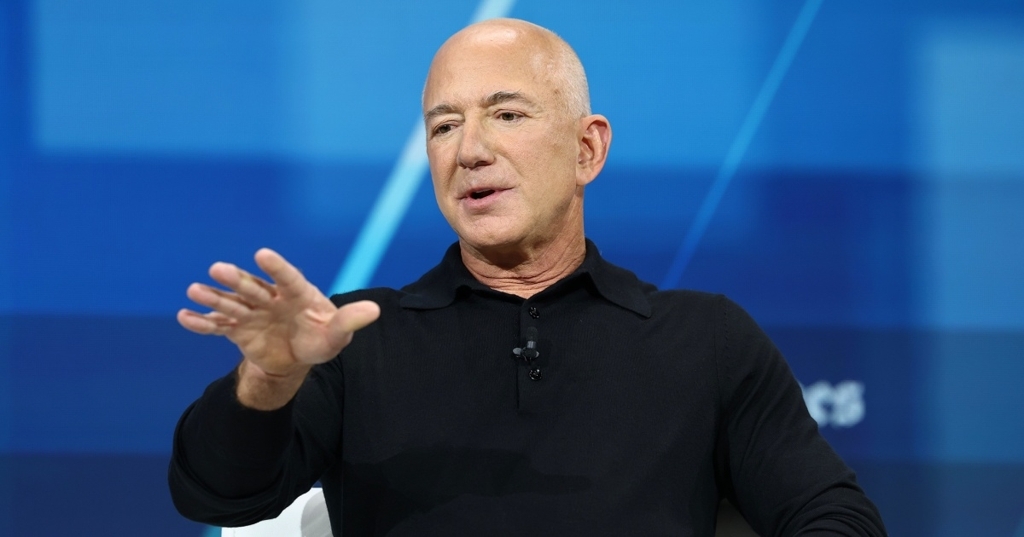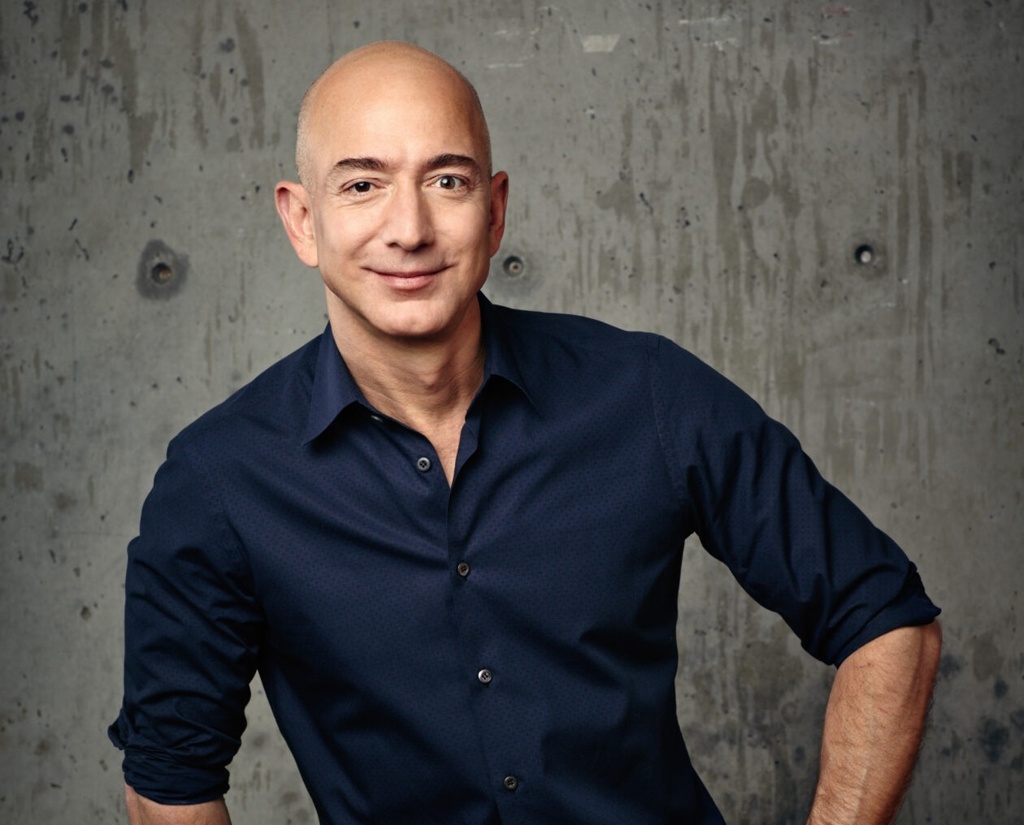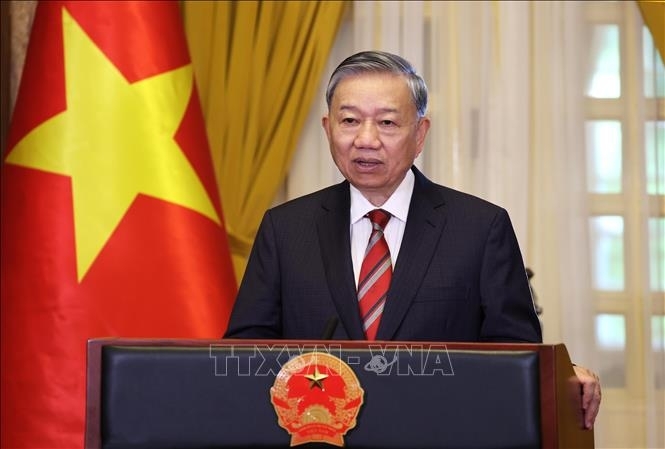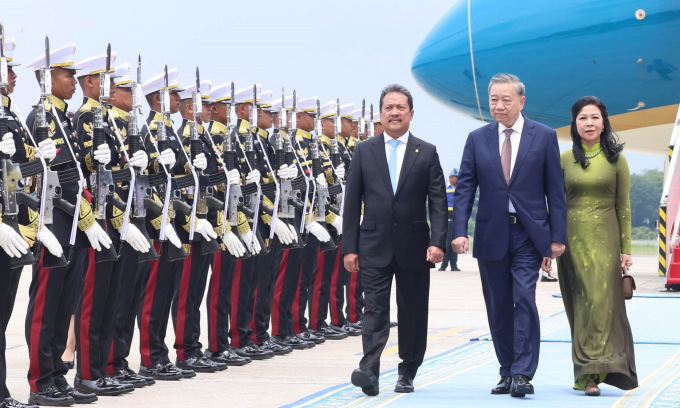Bezos Transforms Washington Post with New Opinion Strategy
Jeff Bezos reshapes The Washington Post's opinion section, focusing on personal liberties and free markets, sparking debate over journalistic independence.

Key Points
- Jeff Bezos
has directed The
Washington Postto focus its opinion section on personal liberties and free markets, sidelining opposing viewpoints.
- The decision has led to internal turmoil, including the resignation of opinion editor David Shipley and criticism from former staff members.
- This shift raises concerns about journalistic independence and reflects a broader trend of media ownership influence on editorial content.
In a bold move that has sparked considerable debate, Jeff Bezos announced significant changes to The Washington Post's opinion pages, emphasizing a commitment to two primary pillars: personal liberties and free markets. This decision, communicated through an internal memo and echoed on social media, marks a pivotal shift in how the paper will curate its opinion content and showcase its editorial philosophy. For those following the media landscape, this shift raises questions about the future of independent journalism, the role of billionaire owners, and the implications for public discourse.
Understanding the Shift
Bezos stated, “We are going to be writing every day in support and defense of two pillars: personal liberties and free markets”. This directive serves not only as a framework for upcoming articles but also signals that viewpoints opposing these pillars will not find a home within the opinion section. The rationale presented is that the advent of the internet has diversified opinion delivery, negating the need for a broad-based section that includes a multitude of perspectives. This transition is seen as a way to create a more focused editorial strategy that aligns with Bezos's personal beliefs.
The rationale for this overhaul comes on the heels of tumult within the publication, including a notable drop in subscriber numbers and dissent among staff following Bezos's controversial decision to abstain from endorsing a presidential candidate. In the wake of this turbulence, David Shipley, the opinion section editor, has resigned, further highlighting potential fractures within the organization.

The Implications of a Singular Editorial Voice
By insisting on this singular focus, Bezos not only shapes the narrative but also risks alienating a segment of the readership that values diverse opinions. Critics, including former Post employees, have expressed concerns about this move, viewing it as a significant encroachment on journalistic independence. For instance,
, the former executive editor, reportedly voiced his disappointment, stating that this shift prioritizes Bezos's business interests over the principles of independent journalism. This situation reflects a broader trend in media, where ownership dynamics influence editorial choices.
Moreover, the assertion that “freedom is ethical — it minimizes coercion — and practical; it drives creativity, invention, and prosperity” raises interesting questions about whose freedoms are being prioritized. Are certain voices being minimized in the pursuit of a more market-friendly narrative?

Broader Media Landscape and Future Prospects
This shift at The Washington Post echoes similar trends seen across other major publications owned by billionaire media moguls. For instance,
's ownership of The Los Angeles Times has also resulted in a rightward editorial shift, raising questions about the potential monopolization of thought in major media outlets. The concerns surrounding Bezos’s mandate bring into focus the tension between media ownership and journalistic integrity.
In an era where news is rapidly evolving, it is imperative for consumers to recognize these ownership dynamics. This realization underscores the importance of supporting independent journalism that champions diversity of thought, even as mainstream outlets may take a more curated approach to content.
As the media landscape continues to transform, users are encouraged to seek out varied perspectives across different platforms, ensuring a well-rounded understanding of current events and diverse opinions. This vigilance will help maintain a healthy public discourse, essential for a functioning democracy.
The recent reforms at The Washington Post, spearheaded by Jeff Bezos, mark a critical juncture in American media. While his intentions may stem from a desire to bring clarity to the paper’s position, the consequences of limiting opinion diversity could pose challenges to both the publication's integrity and the broader media environment. As audiences, it is vital to remain engaged and discerning, seeking out multiple viewpoints to foster a vibrant public dialogue.


